

PADI Divemaster, PADI Master Scuba Diver, Dive Master, Master Scuba Diver… sometimes it all sounds the same, doesn’t it? You may ask, “What’s the difference, and does it really matter?” While these two diving qualifications seem comprised of the same words, they are quite different.
If you’ve ever wondered what the difference is between PADI Divemaster (DM) and Master Scuba Diver (MSD), let us explain.
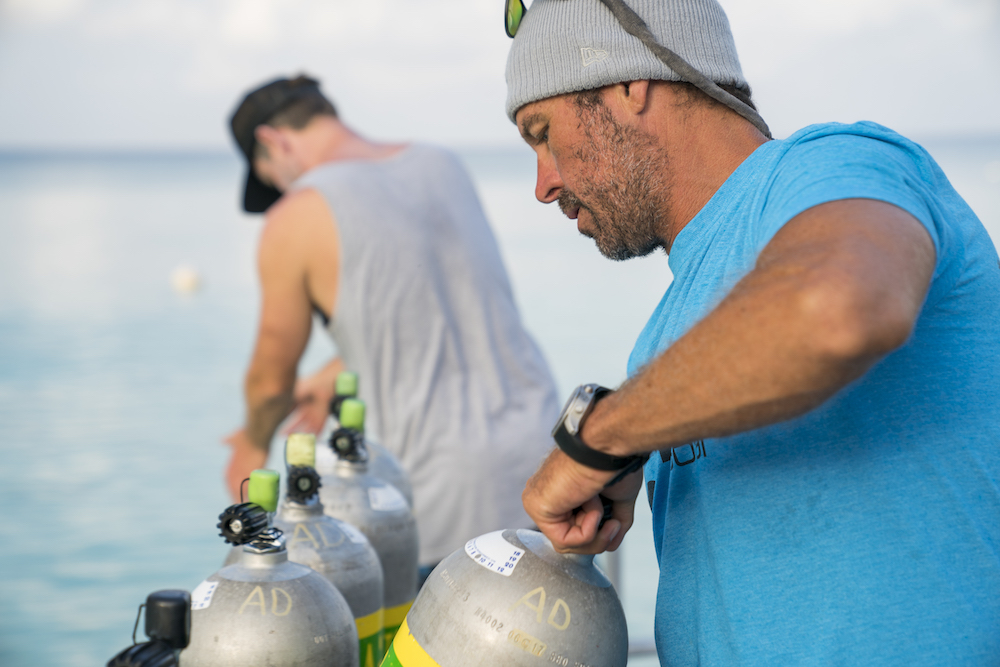
Firstly, think about the relationship between a great home cook and an apprentice chef. Both know a lot about cooking, and both can make a delicious meal, but one prepares meals as a hobby, and the other is a professional chef in the making.
This analogy helps to explain the key difference between these two highly esteemed PADI ratings: Master Scuba Diver is recreational, while Divemaster is a professional level.
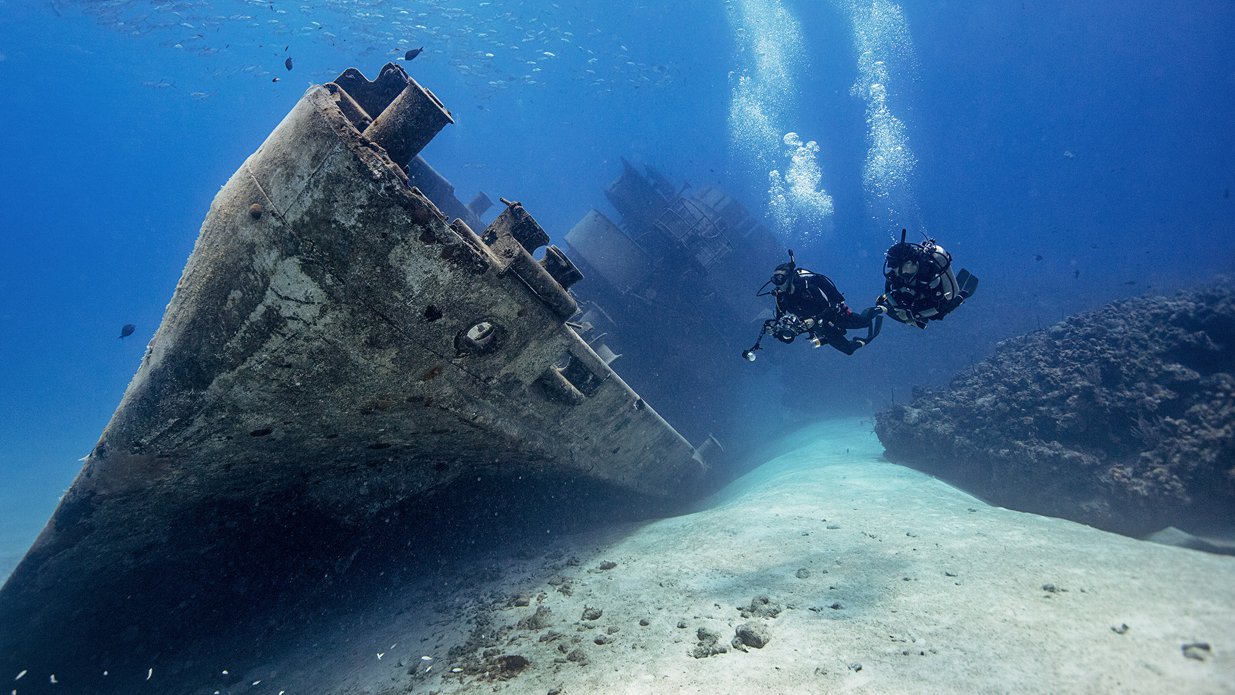
Note: PADI Master Scuba Divers are not professionals, and the PADI MSD rating does not qualify a diver to work in the diving industry. This is a recreational level that denotes the highest skill levels of those who are not professionals. If you’d like to be a professional diver, you’ll need to become a PADI Divemaster (see below)—which is why we are writing this blog!
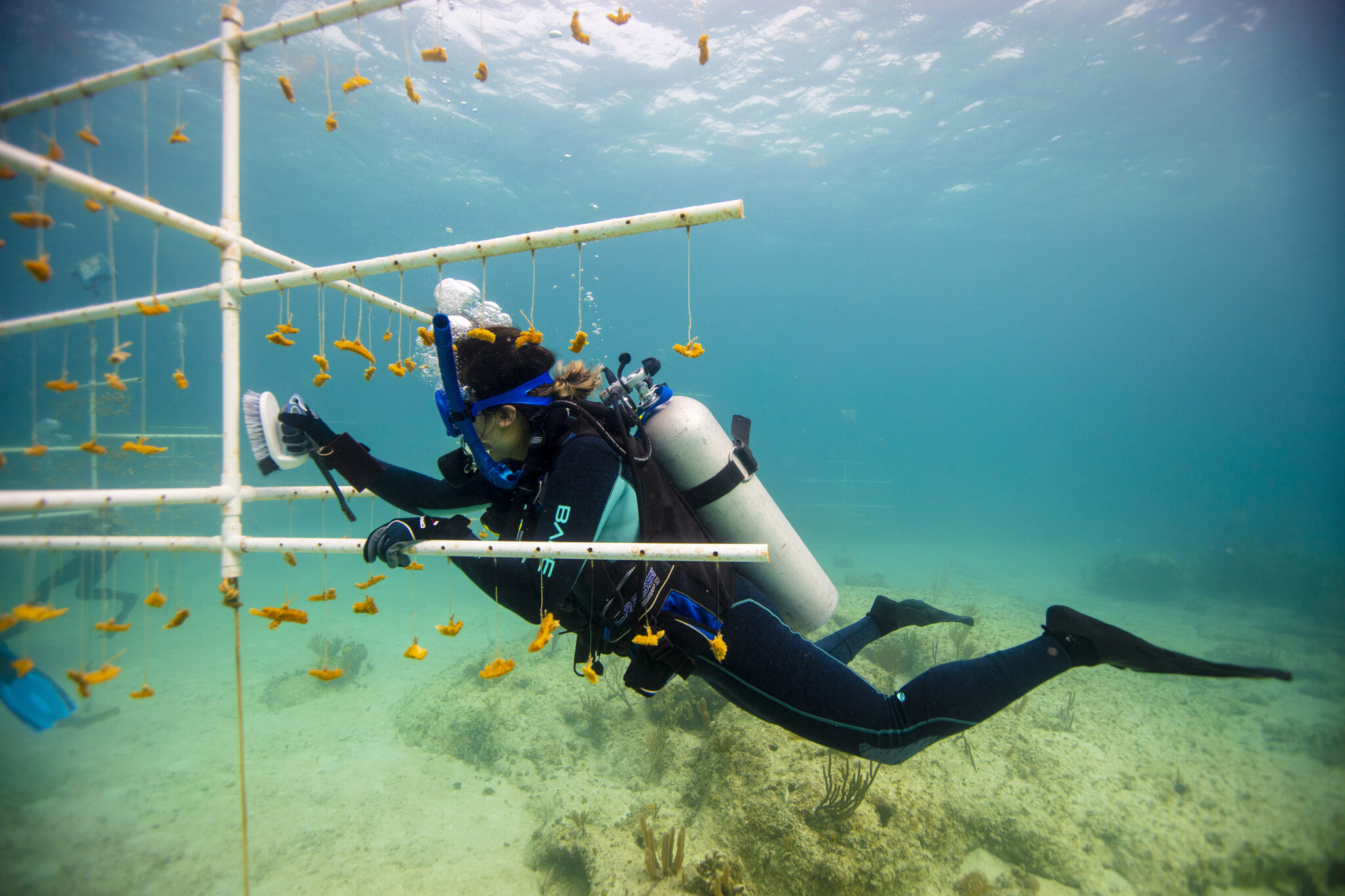
Being a PADI Divemaster also means you’ll be able to work professionally in other industries that rely on professional scuba divers, from marine biology and public safety diving, to crazier jobs, such as Hollywood stunt diving, performing in circus shows, or even retrieving golf balls!
The time taken to achieve the Divemaster certification will depend on your schedule, personal progress, and the route chosen. For instance, you can opt to complete the course in a shorter time (similar to other certifications) or undertake a longer-term internship where you’ll get to study—and work—alongside real-life students. In short, the course can take anywhere from a few weeks to several months!
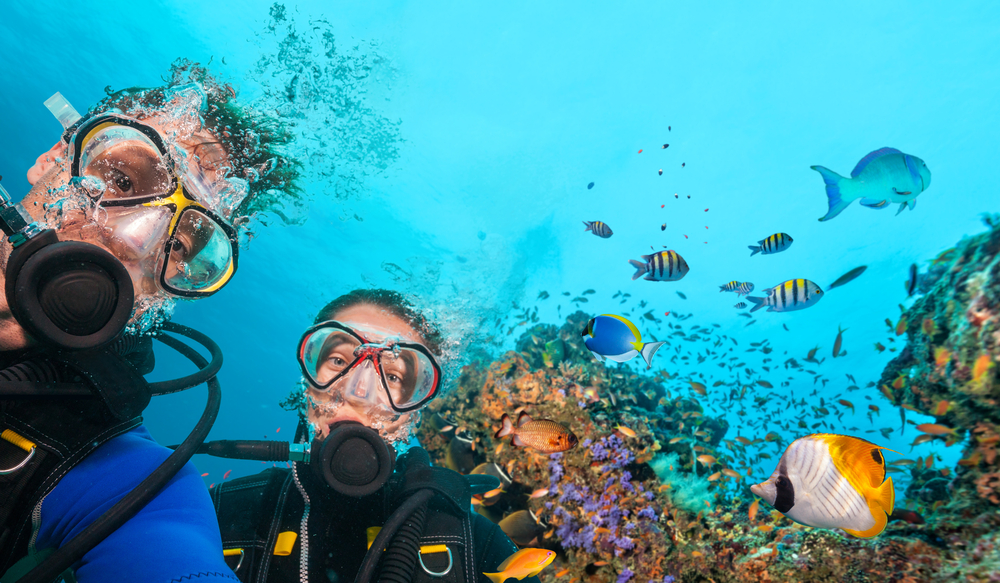
As you can see, both qualifications indicate highly experienced and knowledgeable scuba divers. But in summary, a PADI Master Scuba Diver is as far as you can go as a recreational diver—there is no superior level. Conversely, the PADI Divemaster certification is the very first rung on the professional diver ladder.
As if there weren’t enough similar-sounding names, some people also refer to Master Scuba Diver as the “PADI Master Diver” certification—but they are usually talking about the same thing. There is no official “PADI Master Diver” certification, and you can see the full list of PADI certifications below.
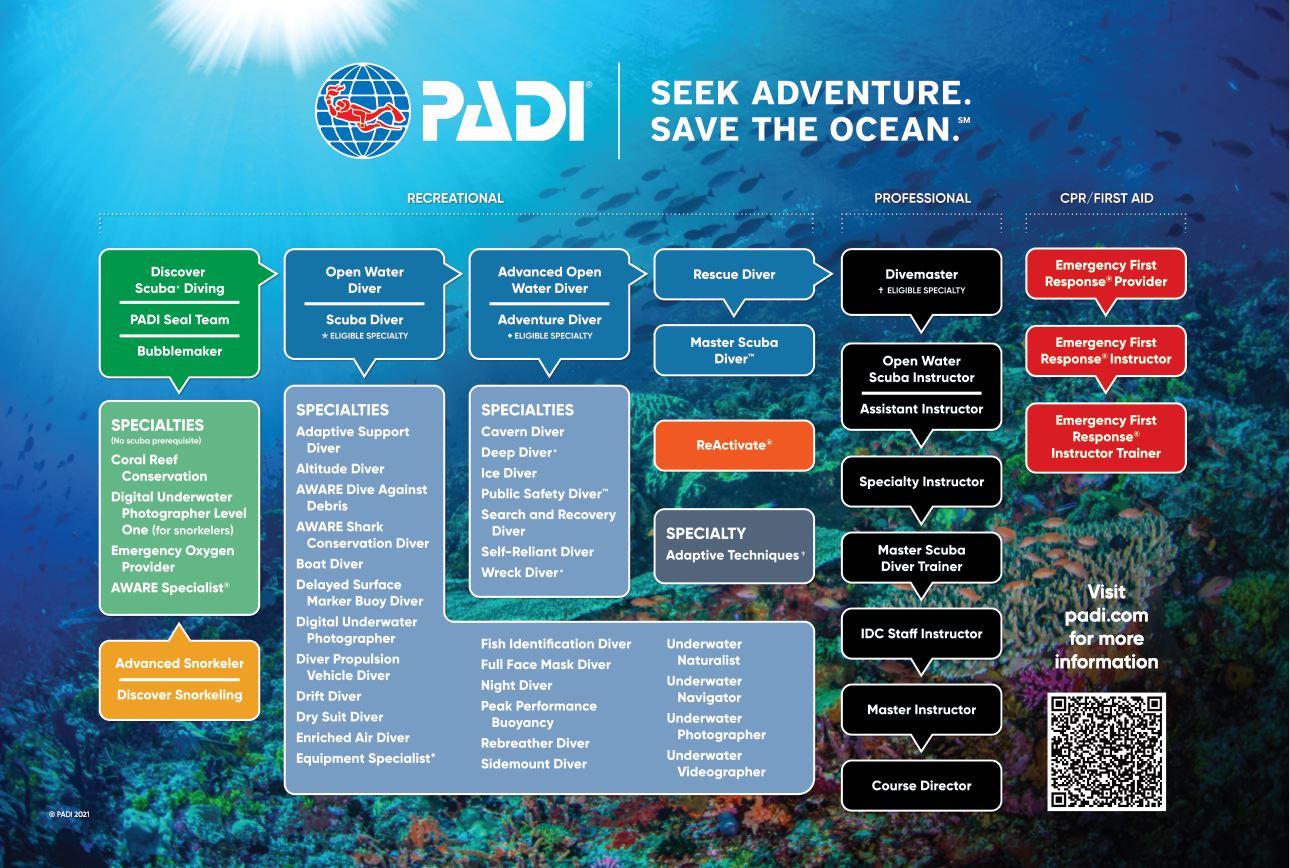
When deciding between the PADI Master Scuba Diver rating or a PADI Divemaster course, it’s important to ask yourself the following questions:
If the answer is yes, then you are best opting for the PADI Divemaster course. This is because you’ll need to be professionally certified before you can work in the diving industry or have other scuba diving jobs.
Again, if the answer is yes, then the Divemaster course may be your best choice. As the first rung on the PADI Professional ladder, it opens the door to even more learning and certification opportunities, such as progressing to Assistant Instructor and Open Water Scuba Instructor. There are also many divers who become Divemasters for the challenge but do not actively work in the diving industry.
PADI Master Scuba Diver allows you to do all of these things. As you work toward this elite rating, you’ll undoubtedly increase your self-confidence as a diver while exploring a diverse world of diving tailored to your underwater interests.
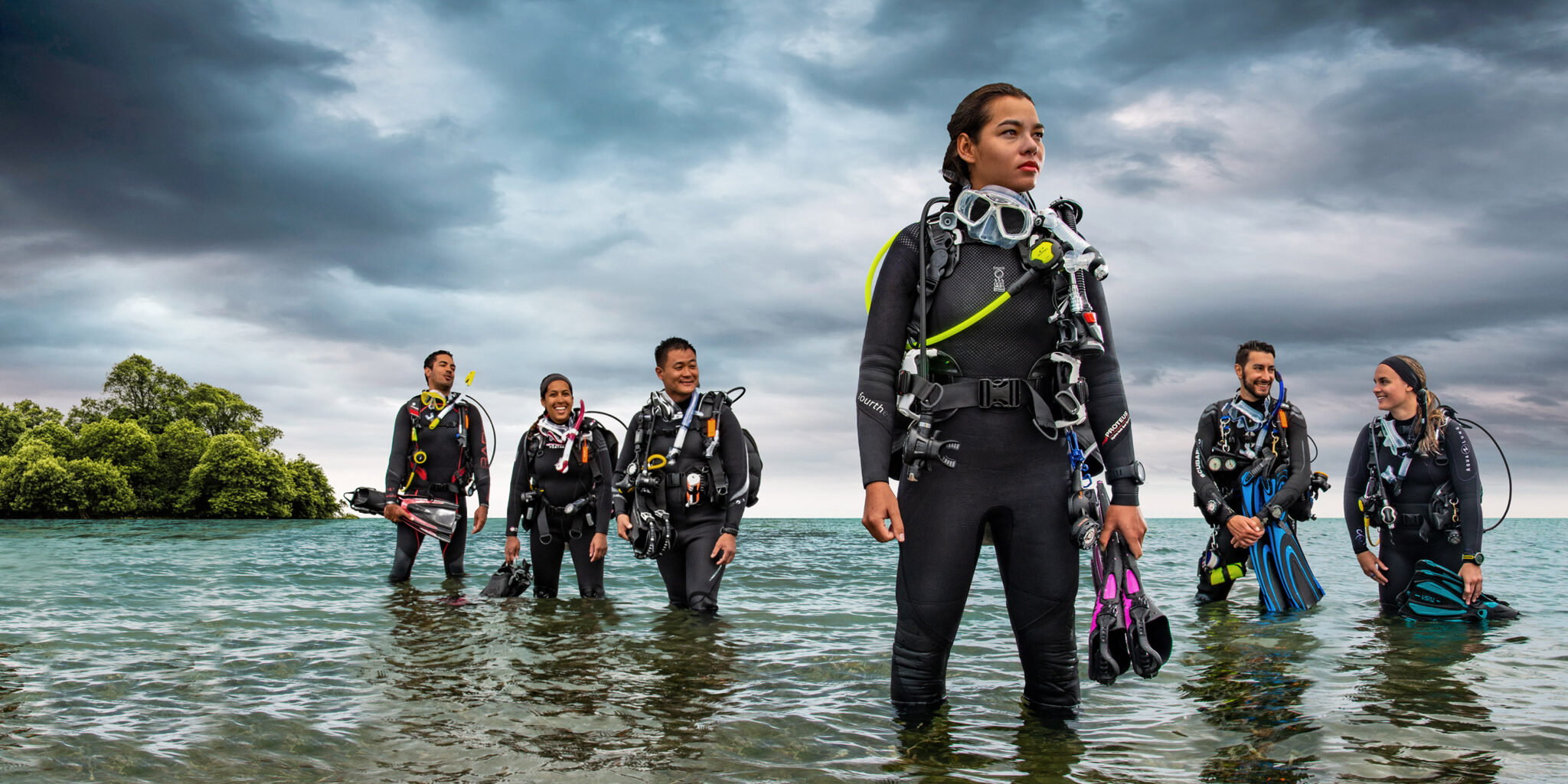
Now you know the difference between these similar-sounding certifications! If you’d like to complete your Master Scuba Diver or find out more about how to become a PADI Divemaster, visit PADI eLearning or contact your local PADI Dive Shop today.